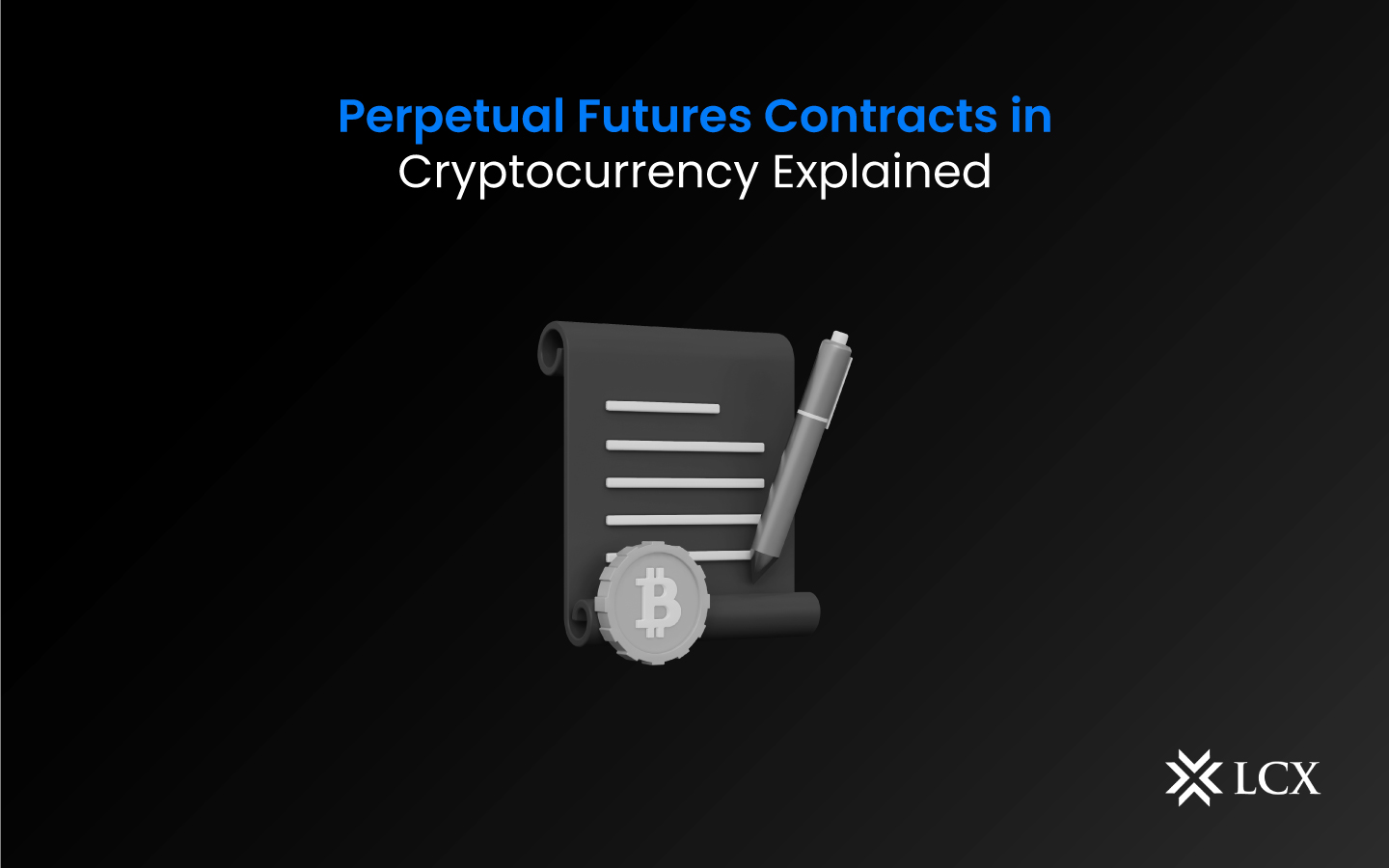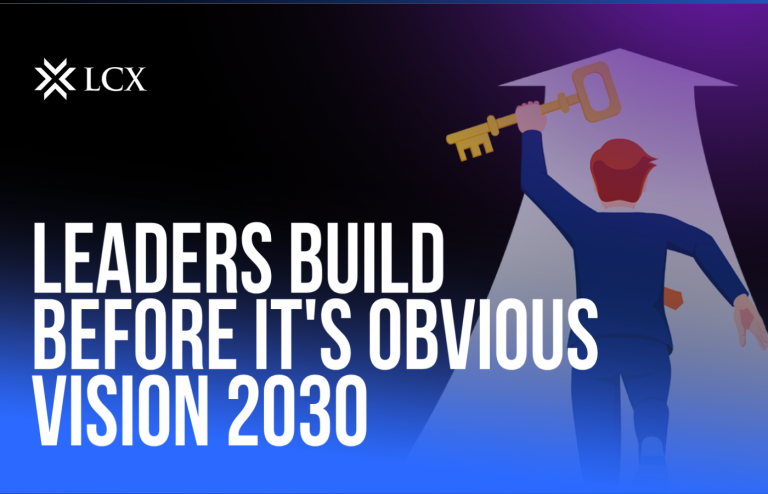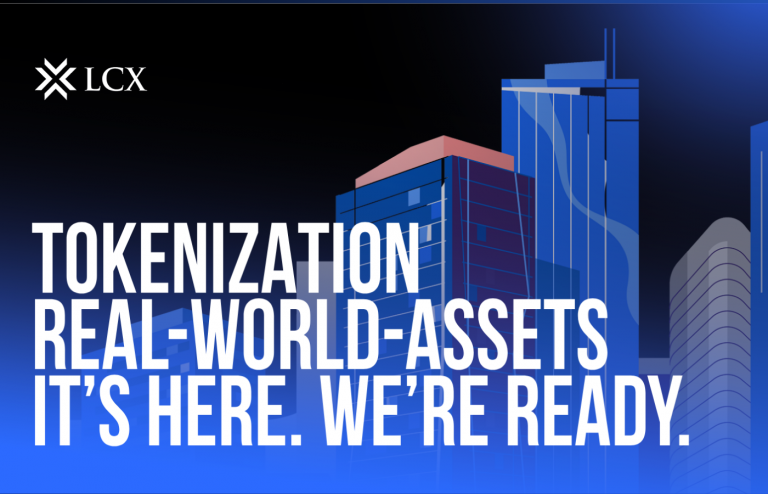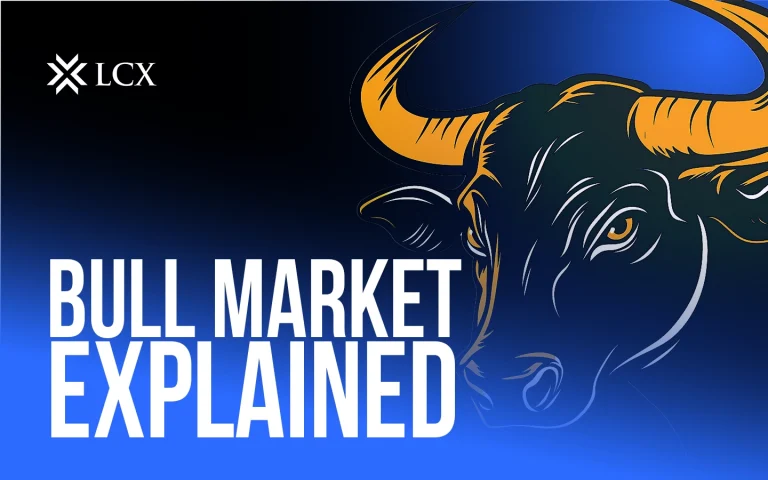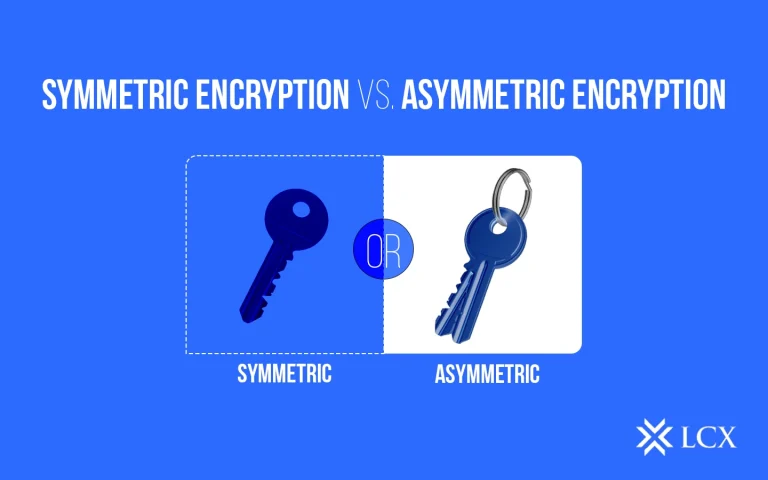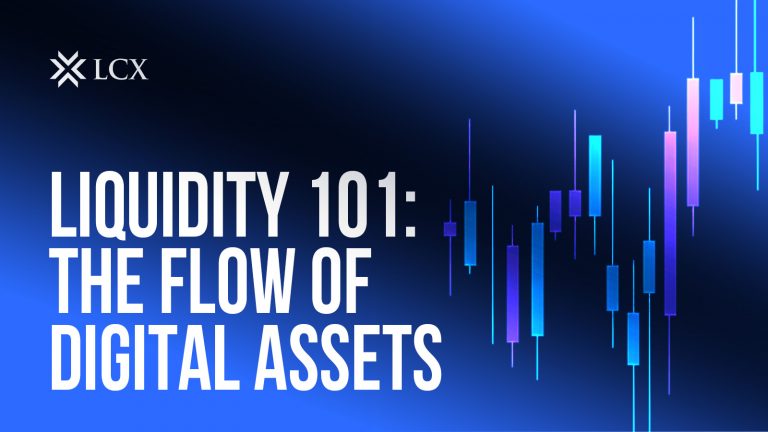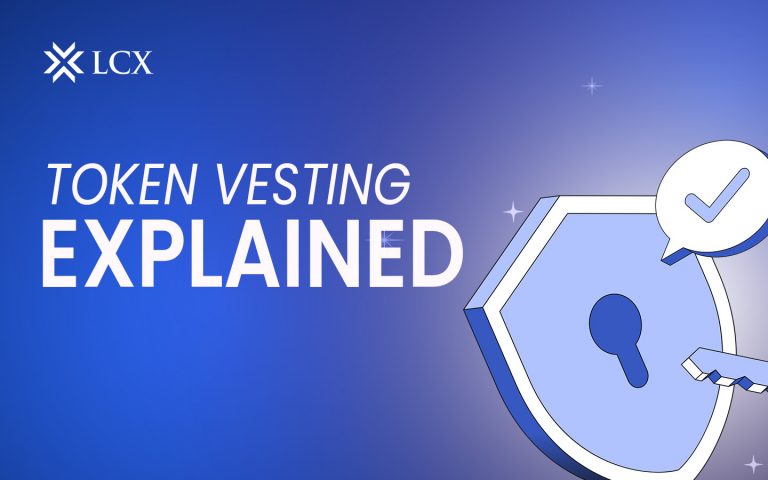Introduction to Futures Contracts
Futures contracts, a type of derivative instrument, defer payment and delivery until predetermined future dates. In simpler terms, futures contracts are agreements to purchase or sell a commodity, currency, or other asset at a predetermined price at a future date.
In contrast to a regular spot market, futures market transactions are not “settled” immediately. Instead, two parties will trade a contract that specifies a future settlement date. In addition, consumers cannot immediately purchase or sell the commodity or digital asset on a futures market. The real exchange of assets will take place in the future when the contract is exercised.
Futures contracts were created primarily for hedging and risk management purposes in the financial markets. Another advantage of futures trading is leverage, which allows traders to enter positions that are larger than their account balance. This amplifies both gains and losses, and while it can be a useful tool for increasing profits, it also increases the risk of significant losses if the market moves against the trader. Overall, futures trading offers an effective way to manage risk and take advantage of market movements.
Introduction to Perpetual Futures Contracts
A perpetual contract, which is a type of futures contract, lacks a fixed settlement time and an expiration date. The trader can hold the transaction for whatever period suits him.
Robert Shiller, an economist, introduced perpetual futures contracts in 1992 as a cash-settled futures market that does not expire and does not guarantee delivery or coverage of the traded commodity in order to reduce the expense of rolling over or directly retaining cryptocurrency contracts. Nevertheless, these contracts are only active on cryptocurrency marketplaces.
A trader can hold a perpetual futures contract in perpetuity to obtain exposure to an underlying asset or index. This technique permits the formation of futures markets for illiquid assets because the contracts would not have a preset maturity date. Moreover, unlike equity futures, which are paid by delivering the asset at contract expiration, perpetual futures are always settled in cash.
Benefits of Perpetual Futures Contracts
Futures contracts that are perpetual provide traders with significant leverage without requiring them to regularly alter their positions and hedge their risks in margin and spot trading. Nevertheless, because these financial products are unregulated, neither victims nor defaulters are protected.
Perpetual futures trading enables traders to buy or sell an underlying asset without a predetermined delivery date, thereby eliminating the need to repeatedly establish a long or short position. In the absence of an expiration date, however, the counterparty risk associated with such financial instruments is substantial.
In Conclusion
Perpetual futures contracts have become a critical component of the cryptocurrency trading ecosystem, providing traders with a way to take long-term positions without incurring the costs associated with rolling over traditional futures contracts. With their high levels of leverage and funding mechanisms, perpetual futures contracts offer traders a way to potentially make significant profits in the cryptocurrency market. However, it is important to remember that trading derivatives can be risky, and traders should always exercise caution when trading with leverage.
